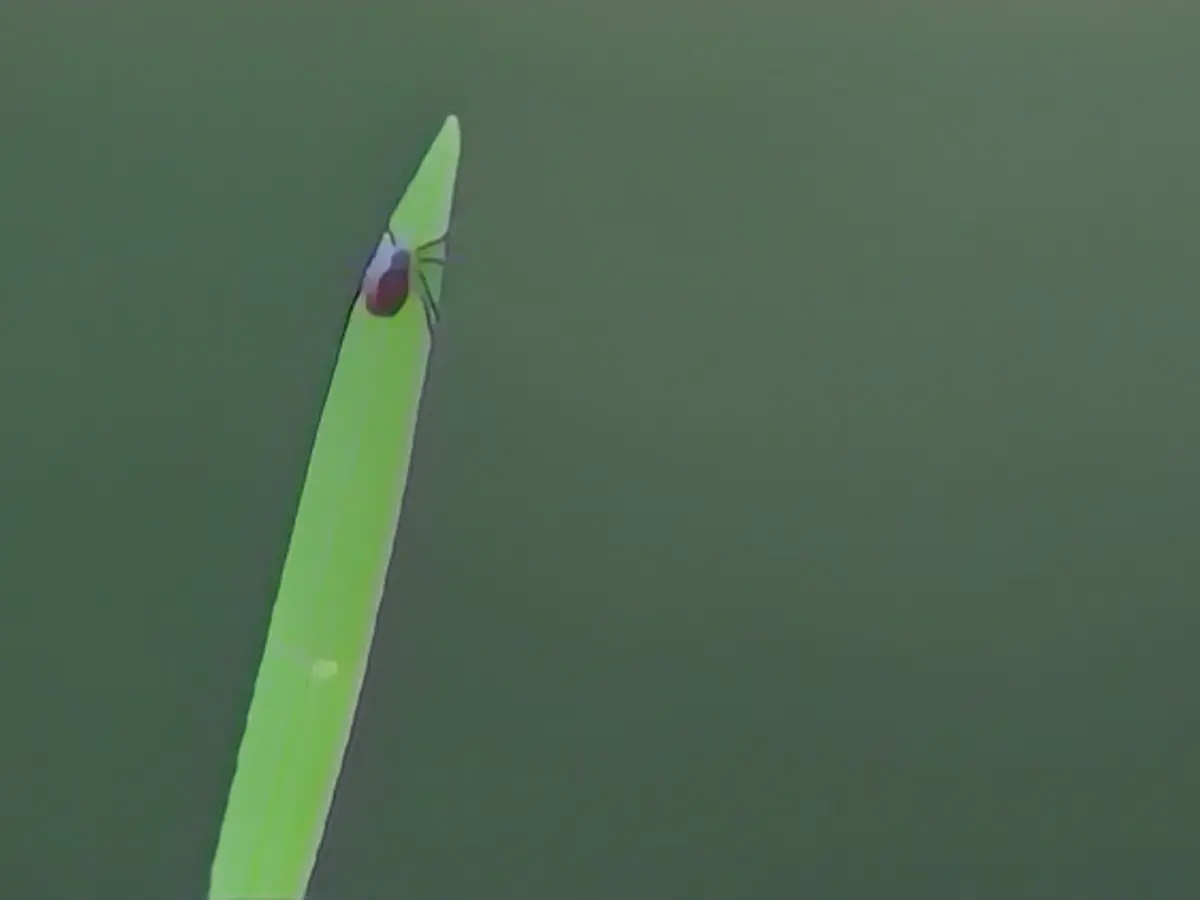Ticks are also active in winter
Ticks are also active in winter. This has been confirmed by studies carried out by researchers at the University of Veterinary Medicine Hannover, according to a press release issued on Thursday. The climate crisis has resulted in mild winters and the associated low or often complete absence of snowfall, which influences tick activity.
The researchers caught ticks in the field and at so-called tick plots. These are outdoor areas where ticks climb up thin wooden sticks and can be counted. Veterinarians also sent in around 20,000 wood ticks and meadow ticks.
The study shows that the meadow tick is constantly active throughout the winter, except when it snows. The common wood tick is now also active in mild winters from December to February. A significant increase in the activity of both tick species can be observed in February in particular. As ticks can transmit various infectious diseases, there is now a year-round risk of infection for humans and animals.
Other scientists had previously warned that ticks are active much earlier or even all year round due to climate change. Among other things, ticks can transmit the TBE pathogen, a viral meningitis or encephalitis, to humans. Lyme disease, which is caused by bacteria and can damage the nervous system and joints, is transmitted even more frequently. Animals such as dogs and cats are also at risk from tick-borne pathogens.
The University's investigations corroborate ticks' activity in winter, challenging the traditional belief of their inactivity during this season. Despite the mild winters caused by climate change, ticks remain largely inactive during snowfall.
Source: www.ntv.de








